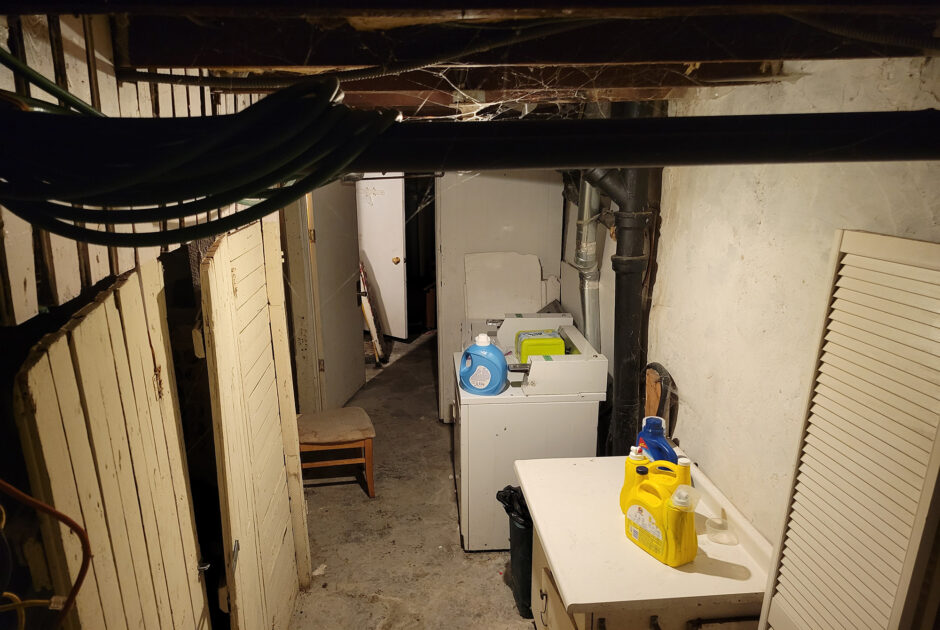First Person: Battling anxiety with magic

It was a mid-August evening, and I’d just gotten off OC Transpo’s infamous 88 Terry Fox bus. The heat was debilitating and the anxiety-inducing finals in my life were increasing my stress levels tenfold. None of this mattered to me, however, because I was going to play Magic: the Gathering.
Over the summer, I was laid off from a job I had been working at for nearly five years. It stung bad. The lack of secure income on top of stress from summer classes led me to become the most stressed I’ve ever been. It was as if I were Atlas holding the world, but it was the relentless weight of my anxiety. I was in desperate need to find a healthy way to alleviate my mental burden.
I’m not religious by any means, but it was as if a higher being answered a prayer I never dared to vocalize. One day, seemingly everyone I was close to picked up the same hobby at the same time. Friends from secondary school, colleagues from work or acquaintances from previous co-op placements: everyone I knew started playing this card game called Magic: the Gathering.
Magic: the Gathering is a trading card game that was first launched in 1993. The game features a variety of different formats to play, with the main goal to reduce your opponent’s life total from 20 to zero. The game is incredibly influential in the card game industry, and greatly increases in popularity every year.
I don’t know what it was, but something about Magic: the Gathering instantly clicked for me. Was it the enticing artwork? Was it the wall of text on every card? Or was it an ignorant outsider’s perspective comparing the game to Pokémon cards? In hindsight it was definitely the latter.
Getting into the game was much easier than anticipated, as my hand was essentially held the entire time by the one friend who did know how to play the game. My friend Jacob Uras let us borrow old decks he constructed when he was much younger, which shielded us from the game’s largest barrier of entry: its cost.
“Magic: The Gathering is super fun, and a great escape from reality. I use the game as an excuse to go outside and socialize. I feel most people who play the game feel this way,” said Uras, a biology graduate from Carleton University. “It can be hard to put yourself out there, so I thank Magic for that.”
Magic: the Gathering is a hobby that requires one to spend money. My previous experience with card games made me assume that the game was going to be an expensive endeavor. While the hobby can be expensive for those who are heavily invested, it was actually pretty digestible price-wise as a new player.
The card games parent company, Wizards of the Coast, has been committed to making the game as accessible to newcomers as possible. Starter decks can be purchased at any major retailer at an affordable cost. This was pleasant to hear as someone who has recently become unemployed.
“The constant release of new cards and the amount of rules can be overwhelming to new players. It’s great that Wizard of the Coast promotes these starter decks because it really bridges the barrier of entry,” said Michael Barber, an employee at local card store Wizards Tower in Barrhaven. “Many people who haven’t touched a card game in their life will come in because they’re curious and leave with a starter deck because it’s the cheapest and easiest way to get into the game.”
While I didn’t really understand the game at first, and arguable still don’t, Magic: the Gathering is an incredibly enjoyable game. The exhilaration I felt playing against others was indescribable. It’s become a hobby that I’ve greatly grown to appreciate. Even if I find myself falling out of it, I will continue to appreciate the game for help bringing me back to reality.








